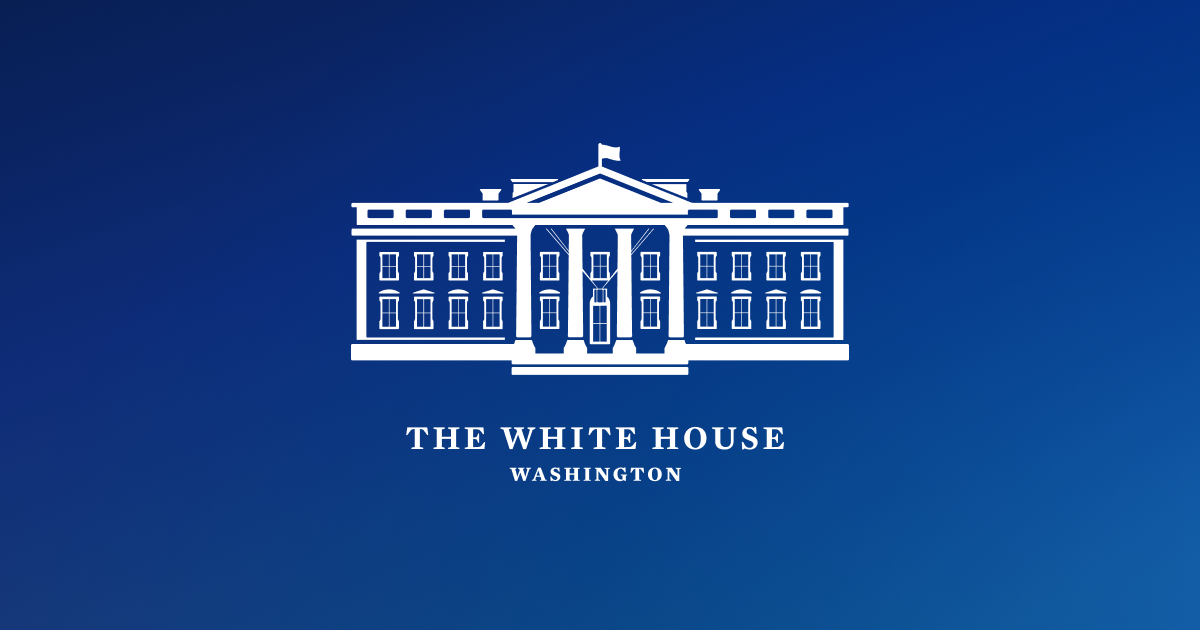
We’re covering India’s revamped vaccine efforts, and next steps for Israel’s coalition.
India revamps vaccine drive
Amid criticism of the government’s handling of the pandemic, Prime Minister Narendra Modi said in a nationwide address that the federal government would play a bigger role in getting vaccines on behalf of states. He also opened free shots up to everyone over 18.
Months of squabbling between state governments and the central government, as well as shortages, have left less than 4 percent of the country’s 1.4 billion people fully vaccinated.
“The government of India will procure 75 percent stock from vaccine manufacturers and provide it to states,” Modi said. “That means no state governments will have to spend anything on vaccines.”
Latest numbers: On Monday, India’s health ministry reported more than 100,000 new cases and 2,427 deaths. Though the number is high, it was lower than it was in May when the country was reporting more than 400,000 cases a day.
Amazon confronts India’s richest man
The online retail giant and one of the world’s wealthiest men are engaged in a multibillion-dollar, politically fraught clash over a grocery store.
Big Bazaar, a retail chain, is owned by an Indian company called the Future Group, which holds 1,500 shops in 400 cities in India. Other companies want a piece of its footprint in the country.
Amazon wants in — it put down $200 million to get first dibs to buy the retail assets of the Future Group, structuring the deal to avoid the Indian government’s tightening limits on foreign involvement in local businesses. But Reliance Industries, which is controlled by the tycoon Mukesh Ambani, pushed it out of the way and struck a deal to buy all of the Future Group for $3.4 billion.
Amazon is now trying to stop the deal through arbitration proceedings in Singapore. The fight has spilled over into India’s courts, where the American company has asked the Supreme Court to halt the deal until the Singapore arbitration is completed.
Sweeping U.S. bill would fight China’s tech dominance
Faced with an urgent competitive threat from China, the Senate is poised to pass the most expansive industrial policy legislation in U.S. history.
The legislation would invest nearly a quarter-trillion dollars into manufacturing and technology. It is expected to pass with broad bipartisan support as early as Tuesday.
Both parties are embracing the enormous investment in semiconductor manufacturing, artificial intelligence research, robotics, quantum computing and a range of other technologies.
Quotable: “Around the globe, authoritarian governments smell blood in the water,” Senator Chuck Schumer, Democrat of New York and the majority leader, warned in a recent speech on the Senate floor. “They believe that squabbling democracies like ours can’t come together and invest in national priorities the way a top-down, centralized and authoritarian government can.”
When Facebook and Twitter barred Donald Trump from their platforms after the Capitol riot in January, he lost direct access to his most powerful megaphones. He has posted statements online far less often, but some of his comments have gone just as far and wide. Our reporters looked at what has happened since the bans and visualized how his messages disseminate.
ARTS AND IDEAS
A new variant
Britain has had one of the world’s most successful Covid-19 responses in recent months, but it’s now coping with a rise in Covid cases. The main cause appears to be the highly infectious virus variant known as Delta. Our Morning writer David Leonhardt takes a look.
How bad is it?
Relative to where Britain was in January, the recent increase in Covid cases is tiny. But there is still cause for concern. New Covid cases have more than doubled over the past month, to more than 4,000 a day from about 2,000 a day.
Pandemics feed on themselves, in both directions. When new caseloads are falling, it increases the chances that they will continue to fall. When caseloads are rising, the opposite occurs.
Will deaths rise?
Fortunately, the current surge is almost certain to cause less death than previous outbreaks, because most people vulnerable to serious illness have already been vaccinated.
First shots vs. second
One unknown about the vaccines is the ideal delay between the two shots. The U.S. staggers the shots by only a few weeks, while Britain has made people wait up to 12 weeks for the second one. The Delta variant is adding a wrinkle. Data suggests that it is more contagious than the original virus and more likely to infect people who have had only one shot, so the country is accelerating second shots for vulnerable people.








